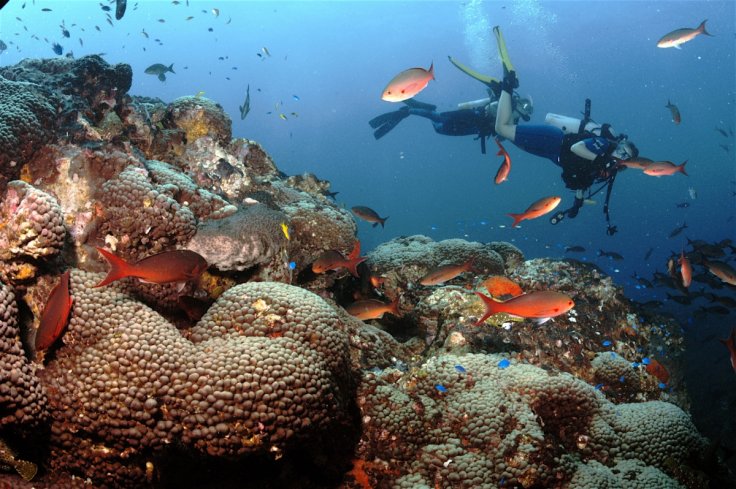
Marine researchers have discovered more than 7000 new species from the Pacific, Atlantic and Indian oceans. Now, the experts believe that such findings may shed new light on the understanding of microbial biodiversity in the seas.
Researchers from Hong Kong University of Science and Technology (HKUST) had conducted the study, which was published in the scientific journal Nature Communications and they sourced water samples across the Pacific, Atlantic and Indian Oceans.
During the study, the team discovered over 7000 new biofilm-forming species and 10 new bacterial phyla.
Earlier, marine scientists used to believe that the world has only 35,000 marine microbial species and a total of 80 bacterial phyla.
This research included the finding of a species called acidobacteria, which is a natural medicinal phylum with the CRISPR gene editing system. Scientists believe that this particular discovery has opened the door towards the development of new drugs for medical purpose.
The lead author of the study, Qian Peiyuan, who is also the Professor of the Department of Ocean Science at HKUST said, "The discovery of new marine microbial species has not only improved our understanding of ocean biodiversity, but more importantly, these species have big potential, both in terms of facilitating our understanding of lives and offering new clues to our search of new treatments for diseases."
Key facts about acidobacteria:
- Previously known to exist in terrestrial soils.
- It is the first ocean species found to contain the gene-editing system CRISPR.
- Not all members of Acidobacteria are acidophiles; some subgroups within this phylum display preferences for neutral or slightly alkaline environments.
- Acidobacteria utilises a broad range of complex carbon substrates and has the potential to participate in the cycling of plant‐, fungal‐ and insect‐derived organic matter.
- Some ecologically important groups of acidobacteria are characterised by the presence of a quite unique membrane‐spanning lipid, iso‐diabolic acid, which is composed of two condensed iso‐C15 fatty acids.









